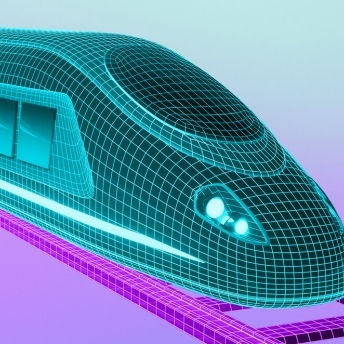Michael Zintel
Michael combines in-depth mobility and transportation experience with innovative, hands-on strategy and organization expertise to help clients anticipate, innovate and transform.

Education

Michael is Managing Partner, leading Arthur D. Little and Switzerland. Based in our Frankfurt office, he is a member of our Travel & Transportation Practice.
Since joining Arthur D. Little in 2005, Michael has worked in all sub-industries of travel & transportation, namely rail, logistics, aviation, tourism, tolling, urban transportation and neighboring industries such as automotive and the public sector.
Examples of his work include strategy development, intercompany as well as open innovation initiatives, digitalization, integrated mobility platforms and transformation, including reorganization, governance and change management.
Michael has a passion for sports and traveling.

The future of mobility 5.0


End-to-end incident management in transport: A key driver of customer excellence


Aviation year zero – New non-aero revenues

Lost in transformation

Michael is Managing Partner, leading Arthur D. Little and Switzerland. Based in our Frankfurt office, he is a member of our Travel & Transportation Practice.
Since joining Arthur D. Little in 2005, Michael has worked in all sub-industries of travel & transportation, namely rail, logistics, aviation, tourism, tolling, urban transportation and neighboring industries such as automotive and the public sector.
Examples of his work include strategy development, intercompany as well as open innovation initiatives, digitalization, integrated mobility platforms and transformation, including reorganization, governance and change management.
Michael has a passion for sports and traveling.

The future of mobility 5.0


End-to-end incident management in transport: A key driver of customer excellence


Aviation year zero – New non-aero revenues

Lost in transformation
More About Michael
- EBS University of Business and LawMaster of Business Administration/Diplom-Kaufmann
